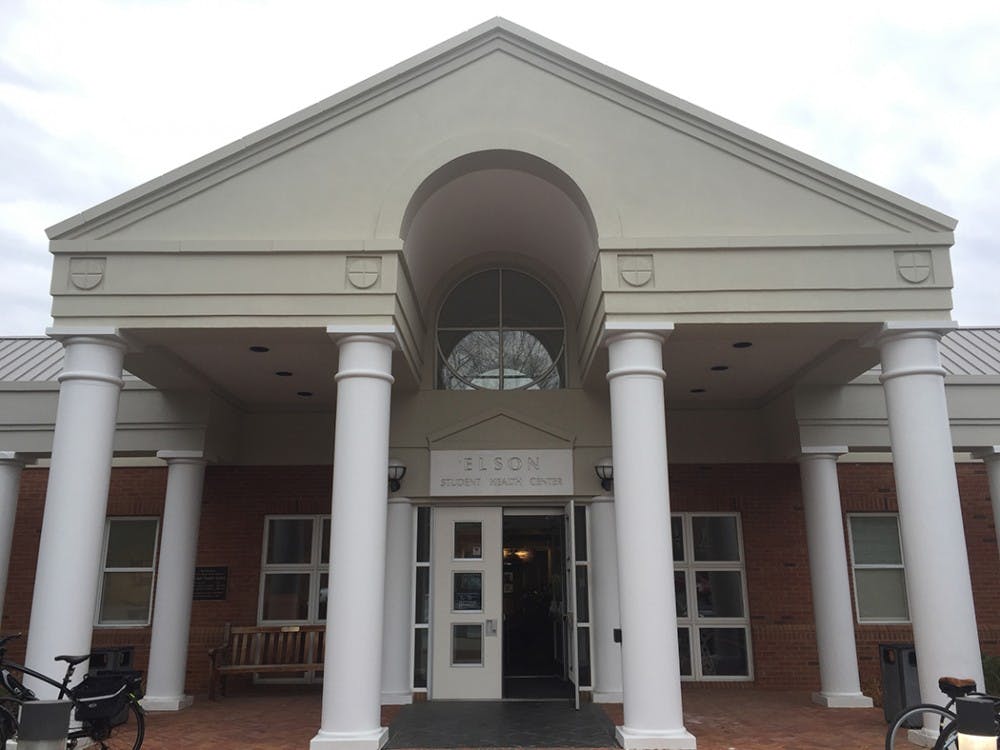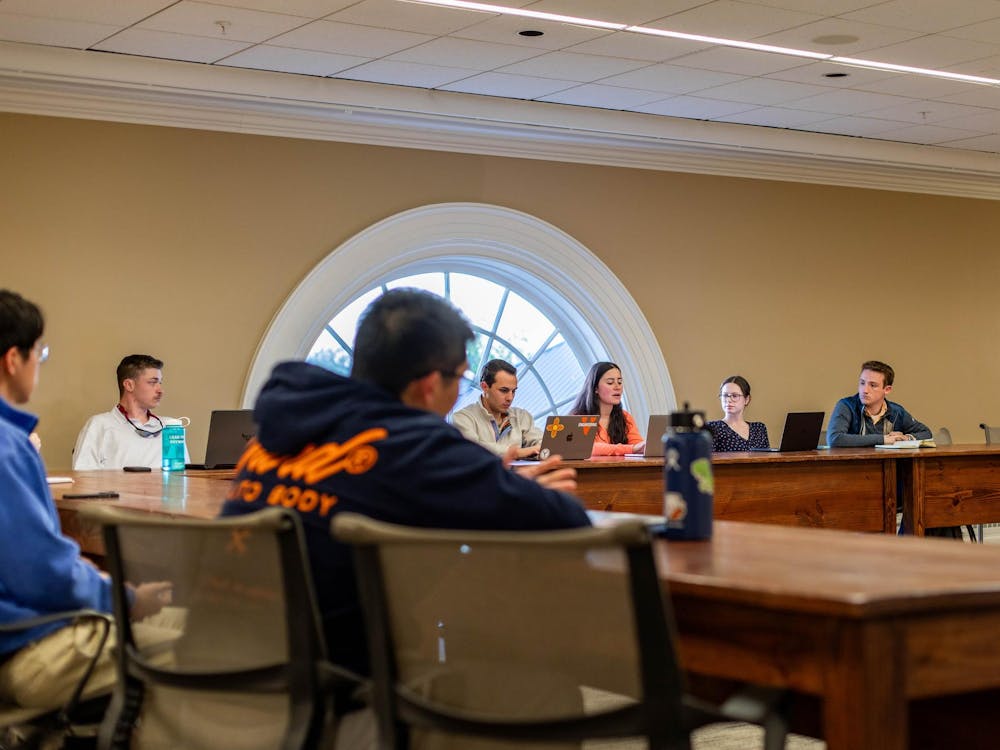Although Student Health may be the most convenient option for students who would like screening for sexually transmitted infections and testing for sexually transmitted diseases, the Charlottesville/Albemarle Health Department offers similar services to Student Health but at no cost to patients.
Clare Ruday, a nurse at the health department who specializes in sexual health, said their free testing-only clinics can test for gonorrhea, chlamydia, HIV, syphilis and hepatitis B and C. The clinics are held Tuesday mornings from 8:15 a.m. to 11:15 a.m. and Wednesday evenings from 4:30 p.m. to 7:30 p.m.
Tests are usually conducted through urine or blood samples, but rectal swabs are available for those who need it.
“The testing is free — most treatment is free, too,” Ruday said. “Sometimes there might be a training cost for some of the medicines, but all of the standard medicines that treat your regular STDs, like chlamydia, gonorrhea, syphilis — those are all free.”
Student Health offers screenings for asymptomatic STIs and testing for STDs, which have noticeable symptoms, said Dr. Christine Peterson, Student Health Director of Gynecology. The tests for STIs and STDs are virtually the same.
“For women, it is recommended everyone under age 26 be screened for chlamydia and gonorrhea annually or when their risks change, such as when they have a new partner,” Peterson said. “CDC doesn’t recommend that all men be screened annually, but they say people at risk should be tested. Of course, someone who’s had sex with somebody else is at risk.”
For men, chlamydia and gonorrhea tests at Student Health are conducted using urine samples. Women can have their tests done through either urine samples or a vaginal swab.
Each test for chlamydia and gonorrhea is $18 individually and $32 together. There are additional fees if individuals are tested at multiple sites, like the mouth or rectum.
The fee for the tests are billed to the student’s SIS account. Student Health can also print a receipt for the tests, which can be submitted to insurance companies as a claim form for reimbursement.
Screening tests are also available for HIV and syphilis. HIV tests are blood tests and cost $220, which would be billed to insurance by the hospital’s lab. Syphilis screenings cost $158.
Like the health department, Student Health can treat students for STIs.
“Chlamydia and gonorrhea are easy to treat,” Peterson said. “It requires an antibiotic and we can prescribe those. The student would have to pay for it using their insurance or not, it’s up to them. We also treat students who are HIV positive. Those are prescription medications, they’re very expensive, but they’re treatable.”
Treatments are also available for syphilis and herpes, but screening tests are not available for the latter. Screening tests are also not available for human papilloma virus, which is not treatable.
The health department’s clinic is a walk-in during the designated times, however, if individuals can’t make any of the clinic times, testing can be done by appointment during Wednesday’s family planning clinic.
STI testing is always available at Student Health by appointment. Men can make appointments in general medicine and women can schedule appointments in gynecology.
Both the health department and Student Health have a variety of resources about STIs available both in-person and online.
“We have a ton of materials here,” Ruday said. “We’re happy to answer to questions at any point. If anyone wants testing in the community or has outreach events they want to do, they can give us a call and we can come to them.”






